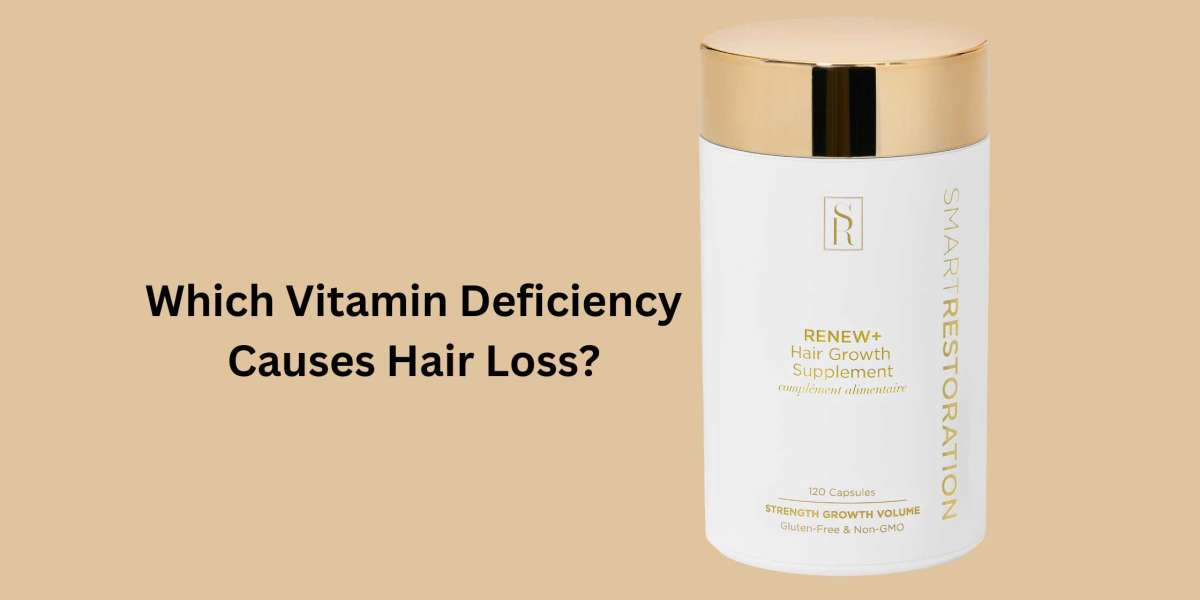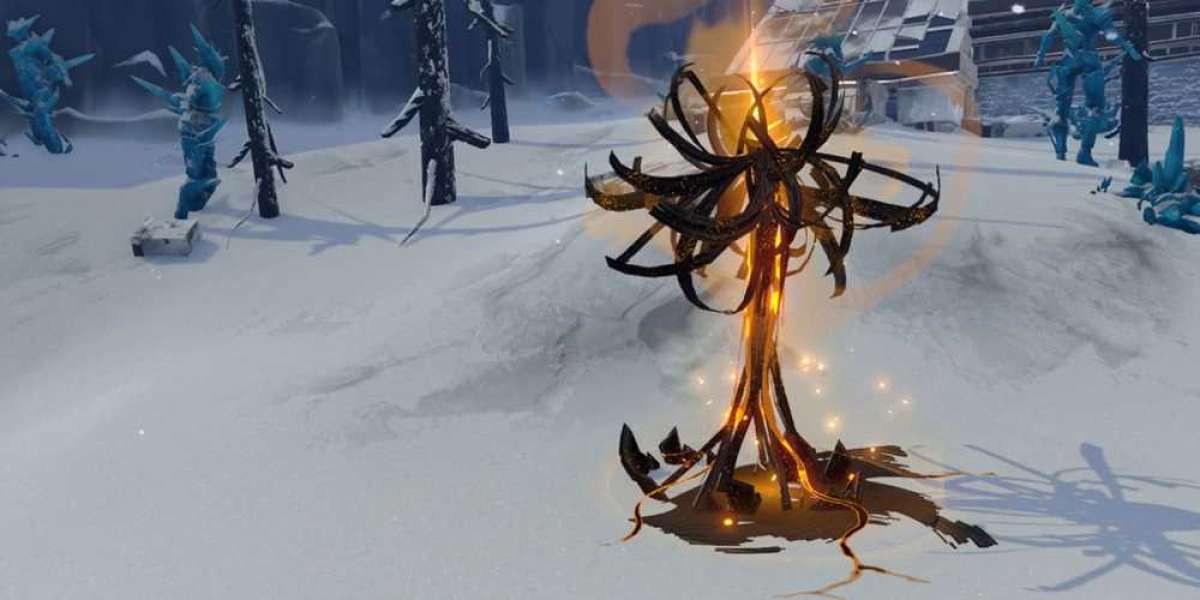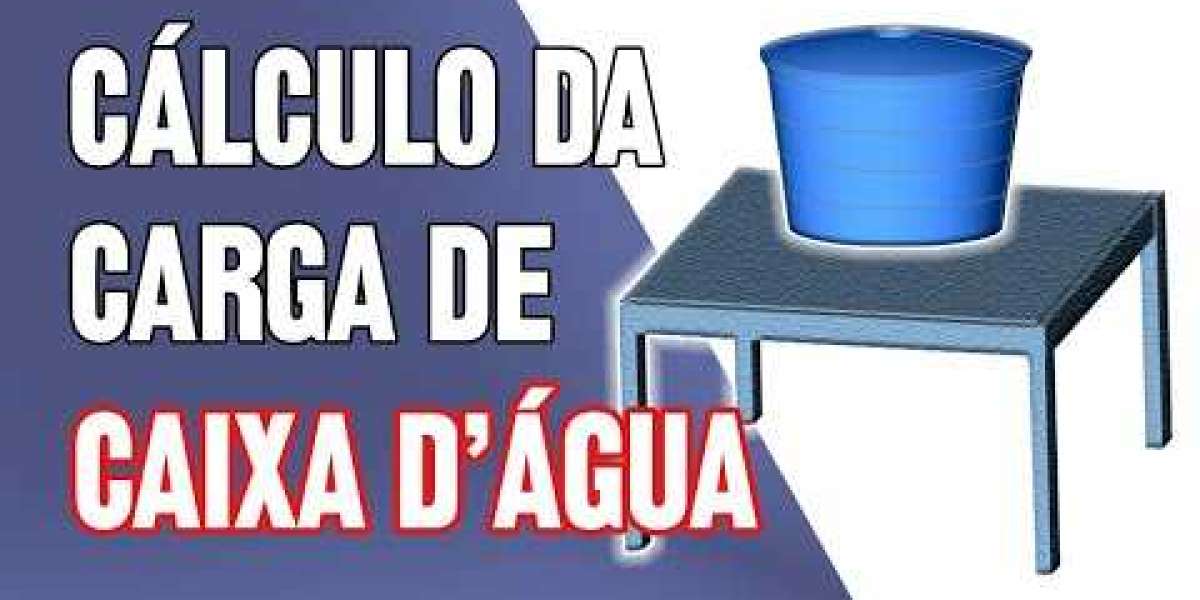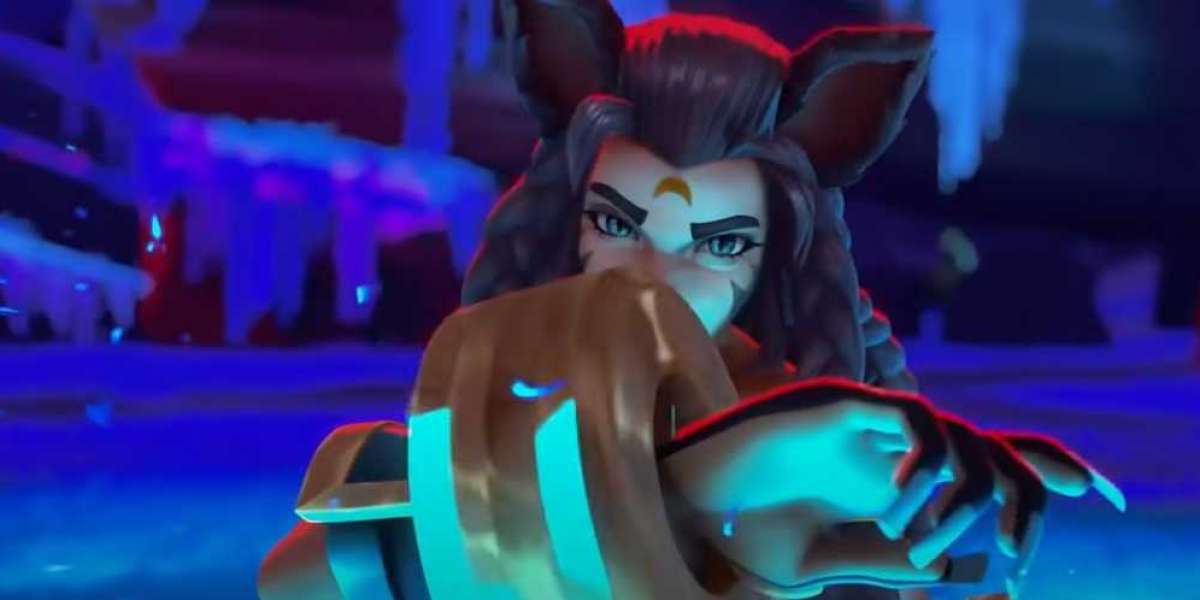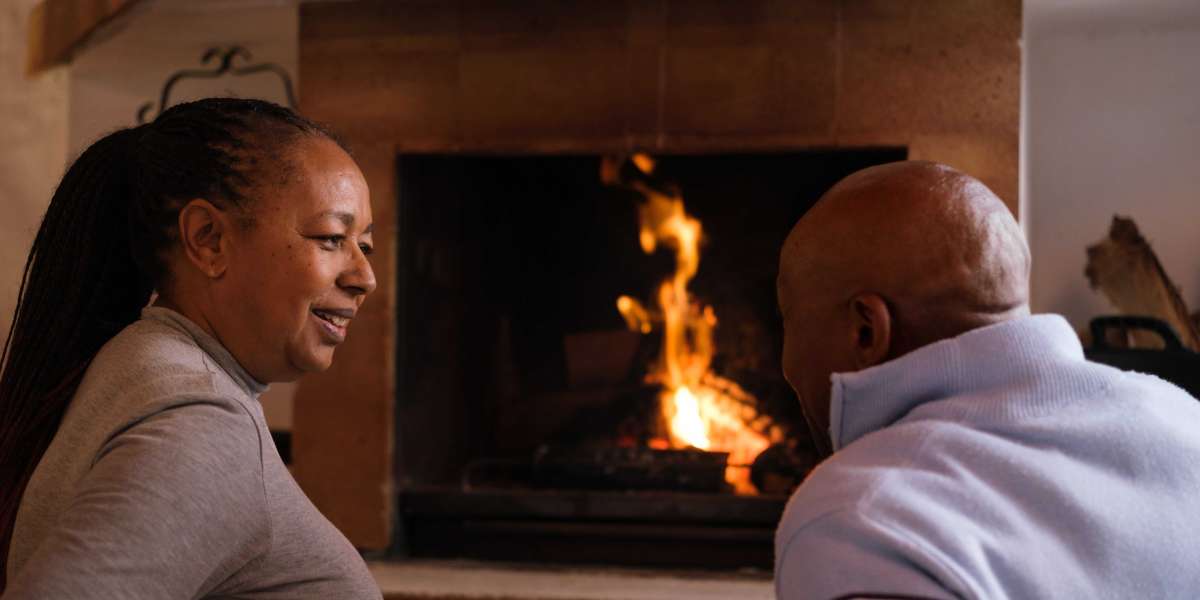Hair loss can be a frustrating and satisfying knowledge, and it is important to understand the various causes that contribute to it. While genetics, hormonal changes, and stress are common culprits, deficiencies in important vitamins can also play a significant role. Vitamins are crucial for supporting healthful hair growth, and without the necessary nutrients, which vitamin causes hair loss your hair may suffer. This article will explore which vitamin deficiencies can induce strand loss and how to address them.
Can Vitamin D Deficiency Cause Hair Loss?
Vitamin D is a vital nutrient for several in the body, including keeping healthy bones, immune system help, and even hair growth. Analyses have demonstrated that vitamin D plays a part in the hair follicle cycle, particularly in creating and maintaining hair growth. vitamin D can lead to many hair issues, including hair thinning and excessive shedding.
When the body lacks vitamin D, the strand follicles may not function optimally, leading to hair loss. Specifically, research has shown that low vitamin D levels are linked to conditions like alopecia areata, where the resistant system attacks hair follicles, leading to hair loss. Although the direct connection between vitamin D and hair loss is still being studied, maintaining adequate vitamin D levels can potentially help prevent hair thinning.
How B12 Deficiency Works on the Hair:
The body makes vitamin D when uncovered to sunlight, so getting enough sun each day is essential. Other authorities have fortified foods like milk, orange juice, cereals, and fatty fish like salmon, mackerel, and sardines. If you find it challenging to get enough vitamin D through diet or sunlight, vitamin D supplements are also a popular option.
Can Vitamin B12 Deficiency Cause Hair Loss?
Vitamin B12 is improtant for healthy red blood compartment presentation and the proper functioning of the nervous system. It is also important for possessing the health of your hair. A deficiency in vitamin B12 can outcome in various symptoms, including fatigue, anaemia, and hair loss. The relationship between vitamin B12 deficiency and hair loss is not completely understood, but research suggests that B12 plays a role in producing red blood cells, which have oxygen to hair follicles. Without proper oxygenation, hair follicles may become weak, leading to hair thinning and shedding.
When your body lacks vitamin B12, it may not be able to adequately supply the nutrients necessary for hair follicles to stay healthy and produce new hair. This can lead to tired hair strands and hair loss, particularly in cases of long-term deficiency. In some severe cases, lacking B12 can cause more significant hair thinning, potentially resulting in bald patches.
How B12 Deficiency Works on the Hair:
Vitamin B12 is found in animal-based by-products like meat, poultry, fish, eggs, and dairy derivatives. For vegetarians or vegans, fortified plant-based milk and cereals are good alternatives. Additionally, B12 supplements are commonly used to treat and prevent deficiency.
Iron Deficiency and Hair Loss
Iron deficiency is one of the most common causes of hair loss, especially in women. Iron is essential for producing haemoglobin, which carries oxygen to cells throughout the body, including the hair follicles. When your body is low on iron, oxygen cannot reach the hair follicles as efficiently, which can result in hair shedding and thinning.
Iron deficiency anaemia occurs when iron levels drop too low, and the body struggles to produce enough red blood cells. This can lead to fatigue, weakness, and thinning hair. Hair loss due to iron deficiency is often seen in people with low iron intake, who suffer from gastrointestinal issues that impair absorption or have blood loss through heavy periods.
How Iron Deficiency Works on the Hair:
Hair follicles require an acceptable blood collection to support healthy growth. Without enough iron, hair follicles can go into a resting phase, causing hair to shed more frequently. In severe cases, untreated iron deficiency can lead to more noticeable and widespread hair loss.
Sources of Iron:
Iron can be found in both animal-based (heme) and plant-based (non-heme) foods. Animal sources include red meat, poultry, and seafood, while plant sources include lentils, beans, spinach, and fortified cereals. It’s essential to pair plant-based iron with vitamin C-rich foods, as vitamin C enhances the absorption of non-heme iron.
Key Vitamins to Support Hair Health and Prevent Hair Loss
While deficiencies in specific vitamins like vitamin D, B12, and iron can guide to hair loss, a flat diet rich in essential vitamins is crucial for keeping hair health. Here are some key vitamins that support healthy hair growth and may prevent hair loss:
- Vitamin A: Vitamin A is important for cell development and plays a role in the production of sebum, the oil that keeps hair moisturized. Too little vitamin A can lead to dry, brittle hair, while too much can result in hair loss. Aim for balance by incorporating sources like carrots, sweet potatoes, and spinach.
- Biotin (Vitamin B7): Biotin is a water-soluble B vitamin that helps the body transform food into fuel. It is well-known for supporting hair, skin, and nail health. Biotin is the deficiency can show to thinning hair and hair loss. Foods rich in biotin have eggs, almonds, and avocados.
- Vitamin C: is an antioxidant that the help and guard hair follicles from harm caused by free radicals. It also helps fascinate iron, which is crucial for stopping hair loss.great sources of vitamin C.
- Vitamin E: Vitamin E supports hair health by enhancing blood circulation to the scalp, which aids promote hair growth. It also acts as an antioxidant, shielding hair follicles from oxidative stress. You can find vitamin E in sunflower seeds, almonds, and spinach.
- Folic Acid (Vitamin B9): Folic acid recreates a vital role in the presentation of red blood cells and supports the overall health of hair follicles. A drawback in folic acid can lead to hair loss. Leafy green vegetables, beans, and fortified grains are excellent sources of folic acid.
Conclusion
Vitamin deficiencies can greatly impact hair health and understanding which vitamins cause hair loss is essential to address the issue. Keeping a healthy, flat diet with the right vitamins and minerals can help keep hair growth and prevent hair loss. Vitamin D, B12, and iron depletion are the most common causes of hair loss. Still, other nutrients like biotin, vitamin A, and vitamin E also boost strong, healthy hair.
If you're experiencing hair loss, consider evaluating your diet and speaking with a healthcare provider to identify potential deficiencies. Supplements can help, but it’s always best to address deficiencies through natural food sources. You can restore your hair’s health and regain your confidence with the right approach.
FAQs about Vitamin Deficiencies and Hair Loss
1. Can vitamin D deficiency cause hair loss?
Yes, vitamin D deficiency is linked to hair thinning and shedding. It plays a crucial role in the hair follicle cycle; low levels can disrupt this process.
2. How does vitamin B12 deficiency affect hair?
Vitamin B12 deficit can lead to fatigue, anaemia, hair thinning, and shedding due to poor oxygen supply to hair follicles.
3. Can iron deficiency cause hair loss?
Yes, iron deficiency can guide to hair loss because iron is necessary for oxygenating hair follicles. Without enough iron, hair growth slows down, and hair may shed.
4. What are some vitamins that help prevent hair loss?
Key vitamins that support hair health include vitamin A, biotin, vitamin C, vitamin E, and folic acid, all of which help nourish hair follicles and encourage healthy growth.
